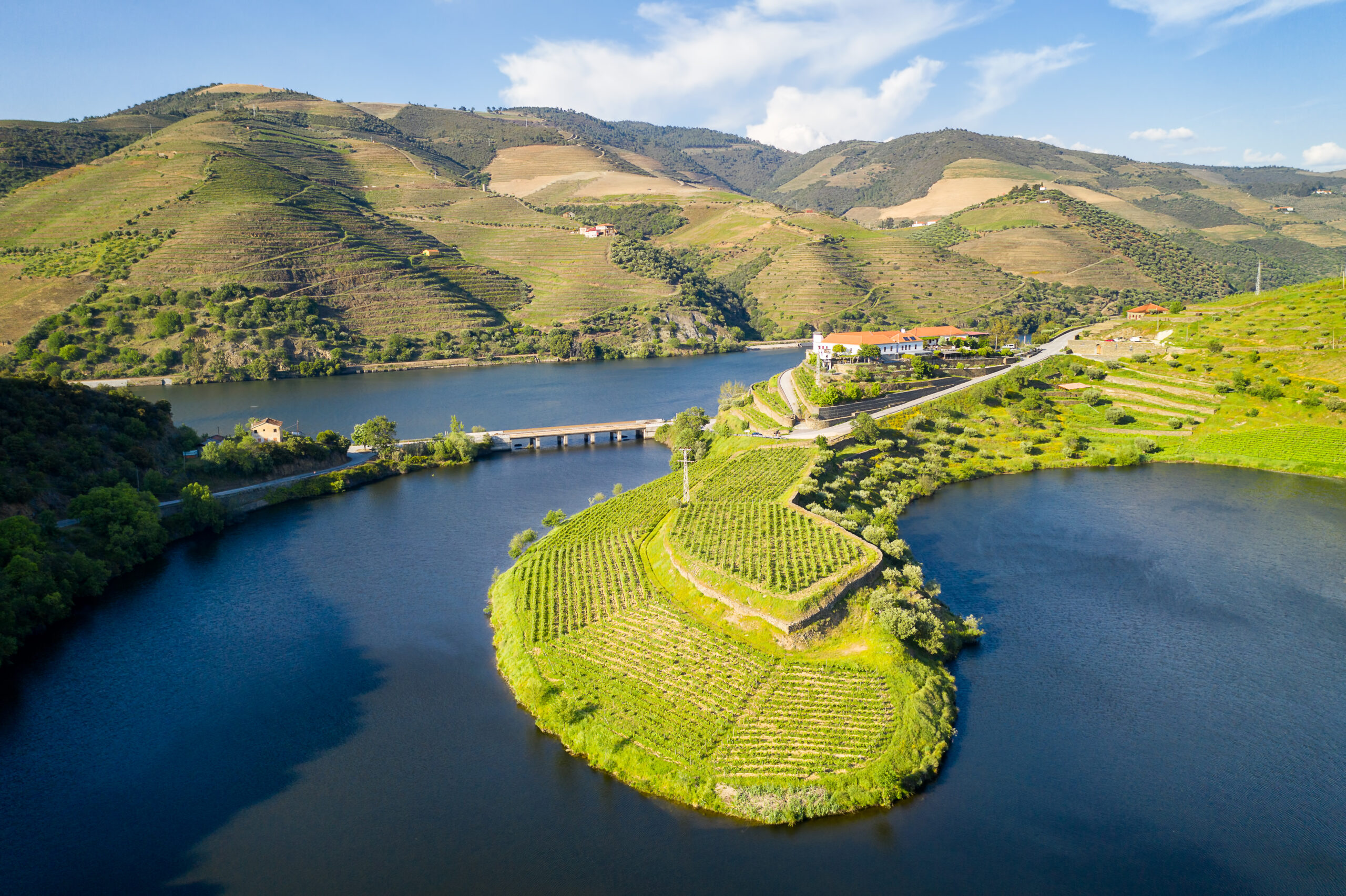Portugal’s Drug Policy: A Paradigm Shift in Handling Drug Use
In 2001, Portugal made a groundbreaking decision that would redefine its approach to drug use and drug-related issues. The country decriminalized the possession and consumption of all drugs, a move that was both controversial and pioneering. This article delves into the nuances of Portugal’s drug policy, its implications, and its outcomes in the years since its implementation.
The Decriminalization Model
Portugal’s approach to drugs is often misinterpreted as legalization, but it’s crucial to understand the difference. Decriminalization means that while drugs remain illegal, the possession and use of small amounts of drugs is treated as a public health issue rather than a criminal one.
Key Aspects of the Policy
- Decriminalization, Not Legalization: Possession of drugs for personal use is not a criminal offense but is still prohibited. The law defines “personal use” as the amount one would typically use over a ten-day period.
- Dissuasion Commissions: Instead of facing criminal charges, those found with small amounts of drugs are referred to Dissuasion Commissions. These panels, consisting of legal, social, and psychological experts, assess individual cases and recommend appropriate responses, which may include treatment, fines, or community service.
- Focus on Health and Rehabilitation: The policy emphasizes treatment and harm reduction over punishment. This includes access to drug addiction treatment programs and needle exchange programs.
Why Did Portugal Decriminalize Drugs?
The move towards decriminalization was primarily a response to the severe drug crisis Portugal faced in the late 1990s. The country had one of the highest rates of drug-related AIDS deaths in the European Union and a growing number of drug-related crimes.
Outcomes of the Policy
Since the implementation of this policy, Portugal has seen significant positive outcomes:
- Reduction in Drug-Related Deaths and HIV Infections: There has been a dramatic decrease in drug-related deaths and HIV infections among drug users.
- Decrease in Drug-Related Crimes: Decriminalization has led to a reduction in drug-related crimes.
- Increased Uptake of Treatment: More individuals are now availing themselves of drug treatment services without the fear of legal repercussions.
Challenges and Criticisms
While the policy has been largely successful, it’s not without its challenges. Issues like the continual rise in drug use among certain demographics and the need for better funding and expansion of treatment services are areas that require ongoing attention.
Global Impact
Portugal’s drug policy has gained international attention, with many countries studying its model as an alternative to the traditional punitive approach to drug use. It has sparked a global conversation on the effectiveness of decriminalization as a tool in managing drug-related issues.
Portugal’s bold move in decriminalizing drugs has not led to a drug-free utopia, nor has it completely eradicated drug-related problems. However, it has significantly improved the country’s drug crisis and has shown that a health-focused approach can lead to better outcomes than punitive measures. As drug policies continue to evolve worldwide, Portugal’s experience serves as an instructive model in dealing with complex drug-related challenges.
- Sintra Palaces / Skip the Line / Fast Track Tickets & Admissions - April 22, 2024
- The Quintessential Portugal’s Premier Wine Hotels - March 15, 2024
- Tour to Obidos Medieval Village and Castle + Cherry Liqueur Tasting Experience - March 15, 2024
































